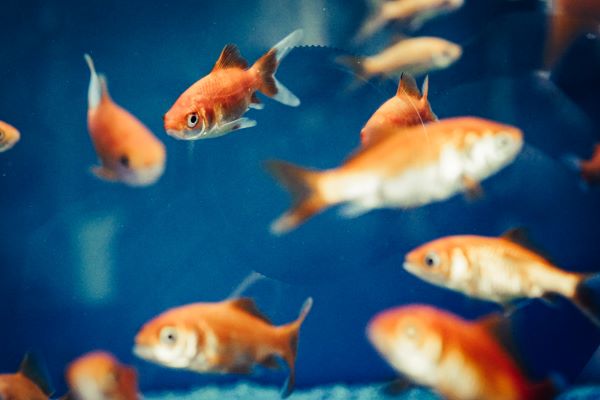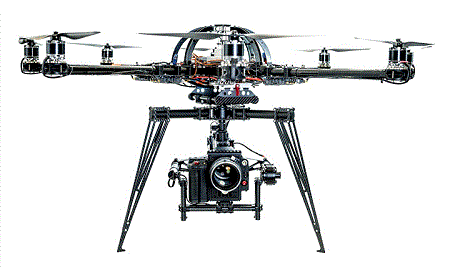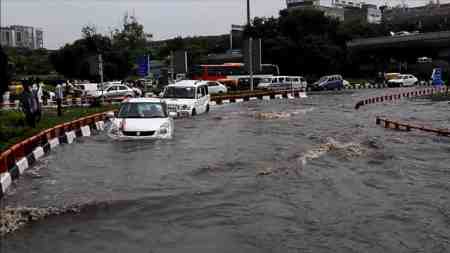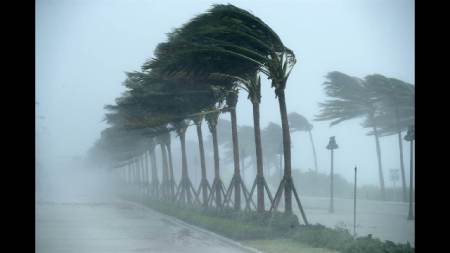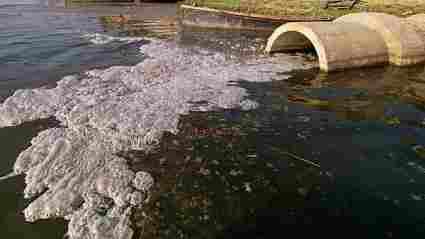India is set to roll out an onboard electronic observer system to remotely monitor and record marine fish catches, a move aimed at generating accurate scientific data for stock assessment and sustainable fisheries management. Union Fisheries Secretary Abhilaksh Likhi said the new system would allow real-time observation of fishing operations across a range of vessel types and improve the quality of data used for decision-making.
He was speaking after inaugurating a five-day global workshop on species identification in Kochi, jointly organised by the Indian Ocean Tuna Commission (IOTC) and the Fishery Survey of India (FSI). Likhi said that accurate and comprehensive data was critical to improving fisheries governance, and that electronic monitoring would help enhance transparency, traceability and compliance with international conservation standards.
The move aligns with IOTC requirements that member countries ensure sufficient observer coverage—either through onboard observers or electronic alternatives—for fisheries targeting tuna and tuna-like species. These highly migratory stocks, including yellowfin, skipjack and bigeye tuna as well as pelagic sharks, are shared across multiple jurisdictions and require coordinated management. India, which joined the IOTC in 1995, lands more than 100,000 tonnes of tuna annually and plays a growing role in the region’s tuna economy. However, existing monitoring methods relying on manual logs and human observers have struggled to capture the scale and complexity of the fishery. The new e-observer system, being developed by FSI under the fisheries ministry, will use onboard cameras, sensors and data analytics to capture information on catches, bycatch, gear use and fishing effort with greater precision.
The electronic observer project is part of a broader push to modernise and digitalise India’s marine fisheries. Under the Pradhan Mantri Matsya Sampada Yojana (PMMSY), the government has already fitted nearly 36,000 fishing vessels with satellite-based transponders for real-time tracking. This has helped improve safety at sea and enabled closer monitoring of fishing activity, including compliance with closed seasons and protected areas.
Likhi said India would work closely with regional and global partners on collaborative data collection and scientific research, given the transboundary nature of tuna and related species. He stressed that the government was committed to ensuring the long-term sustainability of fish stocks while protecting the livelihoods of millions who depend on the sector.
Central Marine Fisheries Research Institute (CMFRI) director Grinson George raised concerns about the existing global quota system for commercial tuna fishing, which he said often disadvantages developing coastal nations. He called for a revision of quota allocations to make them fairer and more reflective of the needs and capacities of countries like India. George also pointed to the need for better cold chain and post-harvest infrastructure to improve the quality of exported tuna, reduce spoilage and boost India’s competitiveness in global markets.
The ongoing IOTC-FSI workshop will focus on strengthening species identification, catch documentation and data quality standards, which are vital for robust stock assessments and science-based management of tuna and related fisheries. Delegates from several countries and regional fisheries organisations are expected to explore ways to harmonise data collection and enhance cooperation across the Indian Ocean.
With the introduction of electronic monitoring and stronger data systems, India is positioning itself to meet international best practices in tuna fisheries management. The government hopes the shift will improve stock sustainability, reinforce its standing in regional fisheries governance, and support the long-term growth of the blue economy.
- PIB

